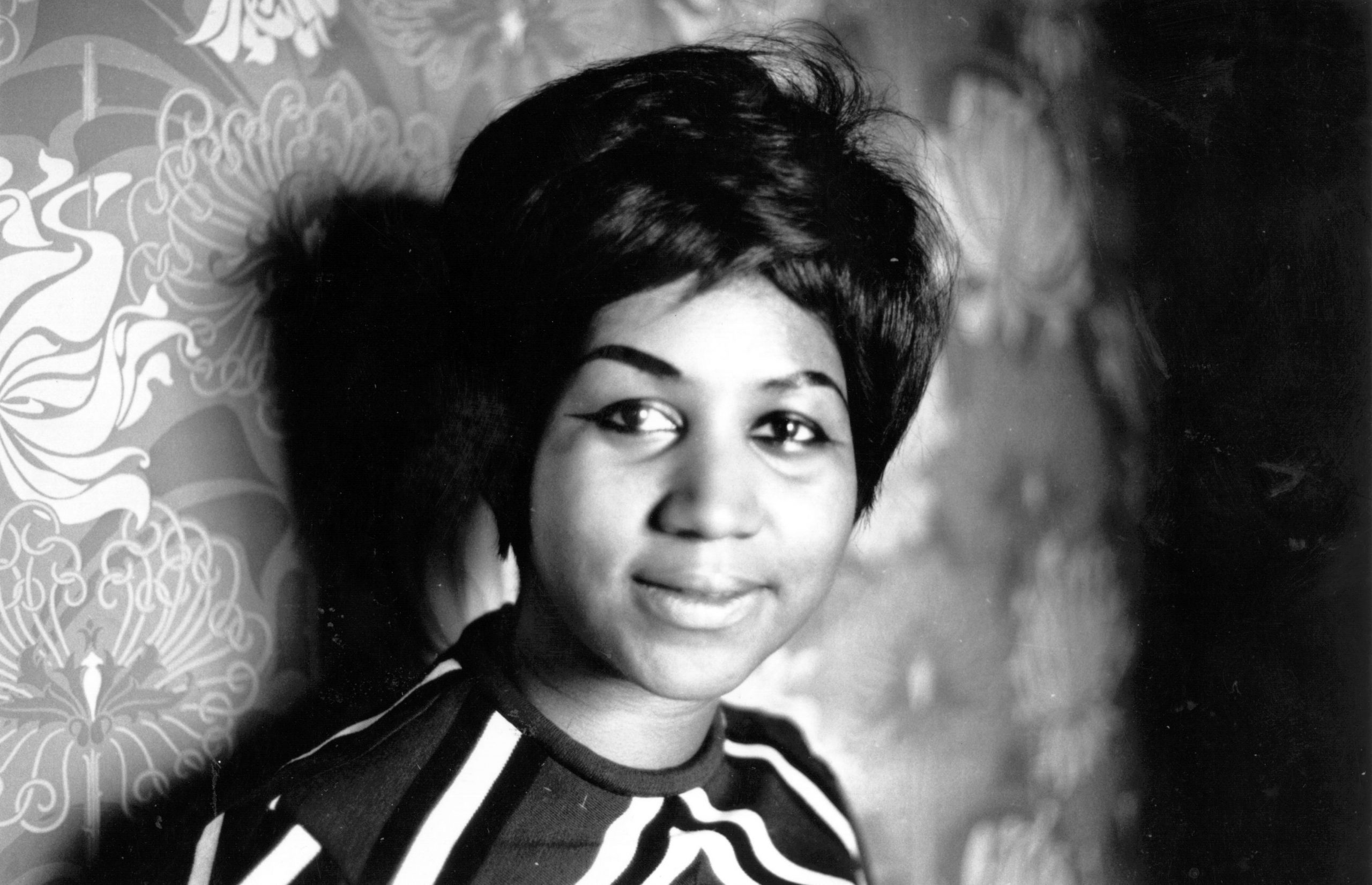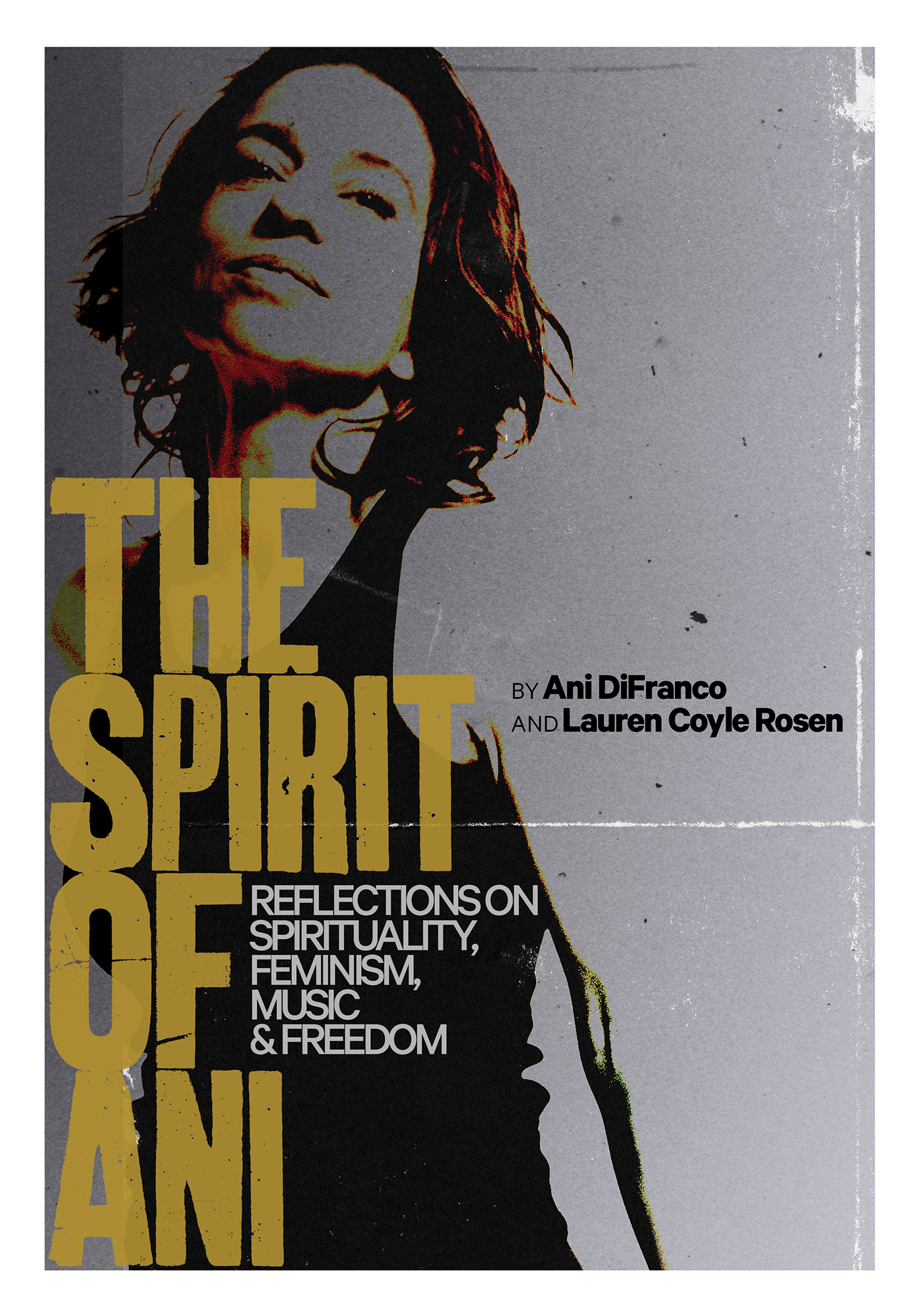Aretha Franklin’s "Respect" is eternal. Anyone born after its release in 1967 might assume the song had existed since the Big Bang; it's the kind of music that you cannot pinpoint hearing for the first time because it sounds like it’s always been there. But if you were alive and listening to the radio the moment "Respect" first made it on-air, it must have sounded like a revelation. That sleazy guitar part, the blaring horns, the cooing backup singers, and Franklin at the center delivering a message, one that was so important it had to be spelled out in the hook: "R-E-S-P-E-C-T, find out what it means to me."
That line was made for the '60s, a time when pop culture and the society it mirrored were in a perpetual state of upheaval. Sloganeering was constant. When Franklin debuted "Respect" in 1967, the United States was fighting an increasingly unpopular war in Vietnam and facing revolution at home. It was the year of both the Summer Of Love in San Francisco and the Long, Hot Summer, when race riots broke out in cities across the country, including Franklin’s hometown of Detroit. The '60s forced Americans to expand their consciousness in some way or another -- whether it be through hallucinogenic drugs, or watching a televised war from the comforts of a suburban living room, or witnessing police officers in riot gear descend on their neighborhood.
Art, and music especially, reflected the tumult as a coast-to-coast youthquake upset the systemically unequal landscape of American society. The best pop music captures a moment, translates it into something digestible that goes down easy. "Respect" is certainly that, but it’s also a rallying cry and, in its humble way, an attempt to rewrite a small bit of history as it was happening.
"Respect" wasn’t even Franklin’s song. Originally written and recorded by Otis Redding in 1965, "Respect" told the story of a man returning from a hard day’s work to find his woman at home. "Hey little girl, you’re so sweeter than honey/ And I’m about to give you all my money/ But all I want you to do/ Is just give it, give it/ Respect when I come home," goes Redding’s rendition. Through his lens, "respect" is a demarcation between husband and wife as much as it is innuendo; a woman submits to her husband because he is her provider and that is simply the way the world works.
When Franklin went to New York to record a cover of the song on Valentine’s Day with producer Jerry Wexler, they rearranged Redding’s lyrics, adding that R-E-S-P-E-C-T hook and framing the song as a rebuttal. In her hands, Redding’s song became a declaration that there is no love without mutual respect -- which was, and still is, a radical concept.
Franklin’s version of "Respect" is the better-known of the two. It topped the Billboard Hot 100 and earned two Grammy awards, becoming the song that would define the trajectory of her career. When Redding performed at the inaugural Monterey Pop Festival that year, he famously referred to "Respect" as the song that Franklin took from him. "This next song is a song that a girl took away from me, a good friend of mine," he said with a grin on his face. "This girl, she just took this song! But I’m still gonna do it anyway." Exactly two decades later, Franklin would become the first woman to ever be honored by the Rock And Roll Hall Of Fame. She was inducted two years before Redding.
[videoembed size="full_width" alignment="center"][/videoembed]
With "Respect," Franklin became a performer who could stand up to societal norms and a patriarchal music industry, and make that righteous defiance the very thing that would turn her into a household name. Here was an African American woman in 1967 asserting that she be respected as a performer and a lover and a person, not just in the privacy of her home but also in the workplace and in the streets. Her voice, big and powerful and still somehow effortless, demanded that hard-fought respect and made it seem like the only thing that mattered for two and a half minutes. Everyday women would hear that song for the first time and decide that they, too, were deserving of the very same thing.
"Respect" would become closely associated with the Women’s Liberation Movement as well as the Civil Rights Movement. As recently as last year, when I attended the Women’s March in DC, I saw a sign that read: "All I’m Asking For Is A Little R-E-S-P-E-C-T." But as with any American pop classic, Franklin’s song would become so ubiquitous that it is easy to lose focus on its inherent radicalism.
"Respect" is a song that kids sing along to at talent shows, that families dance to together at weddings; it plays overhead when you’re buying groceries or walking past a group of street performers. It has that canonical quality songwriters aim for: a catchy singalong delivered with urgency. I like hearing "Respect" in quotidian places -- it feels like subliminal messaging, a lesson someone might take home with them at the end of a long day, a mantra another can remember the next time they feel abused or taken for granted.
There are, of course, dozens of very famous Aretha Franklin songs. But when news of her illness and subsequent death broke this week, "Respect" was on my mind. I am drawn to its lasting power, to what a 24-year-old Franklin was able to do with it. She had the impulse to question the reality that had been handed to her and, in a moment, make it work in her favor. That impulse is life-giving. Great artists, like great activists, will make you believe in the possible: as if creating some kind of lasting change in this world might be as simple as rearranging the lyrics to a song.
[videoembed size="full_width" alignment="center"][/videoembed]






